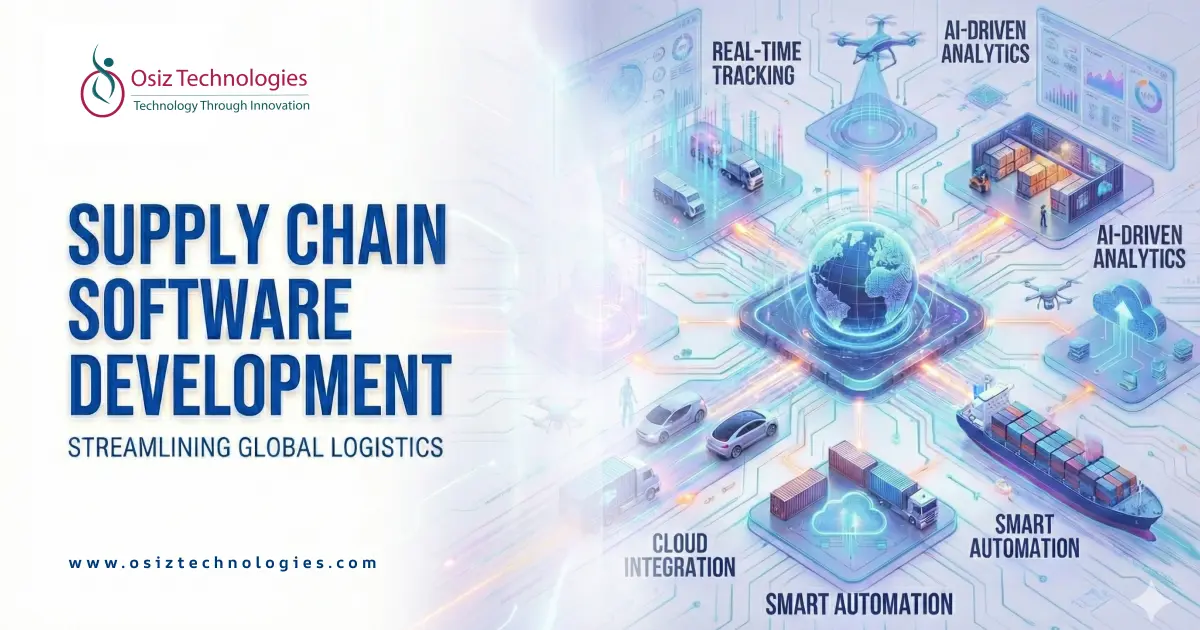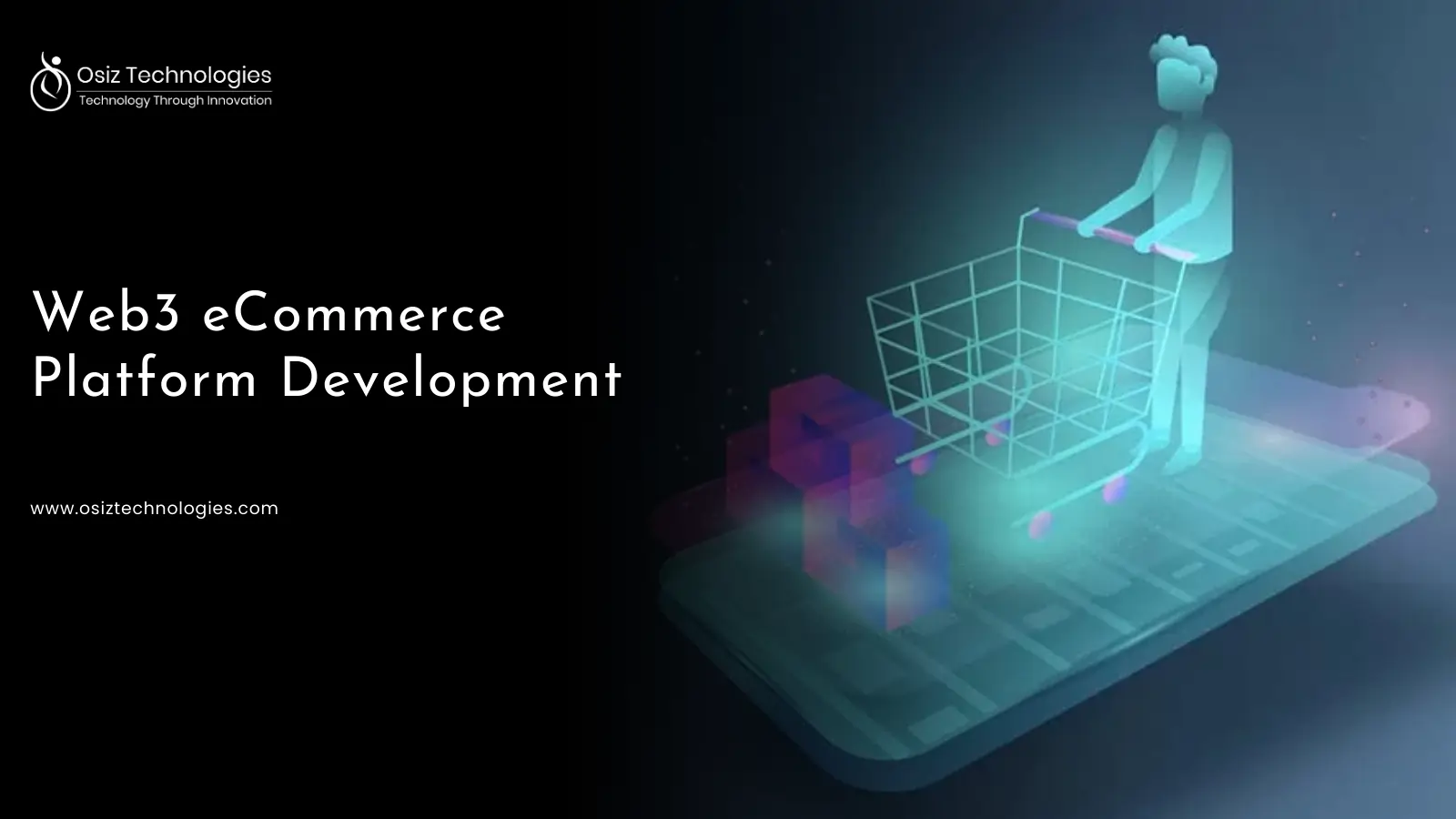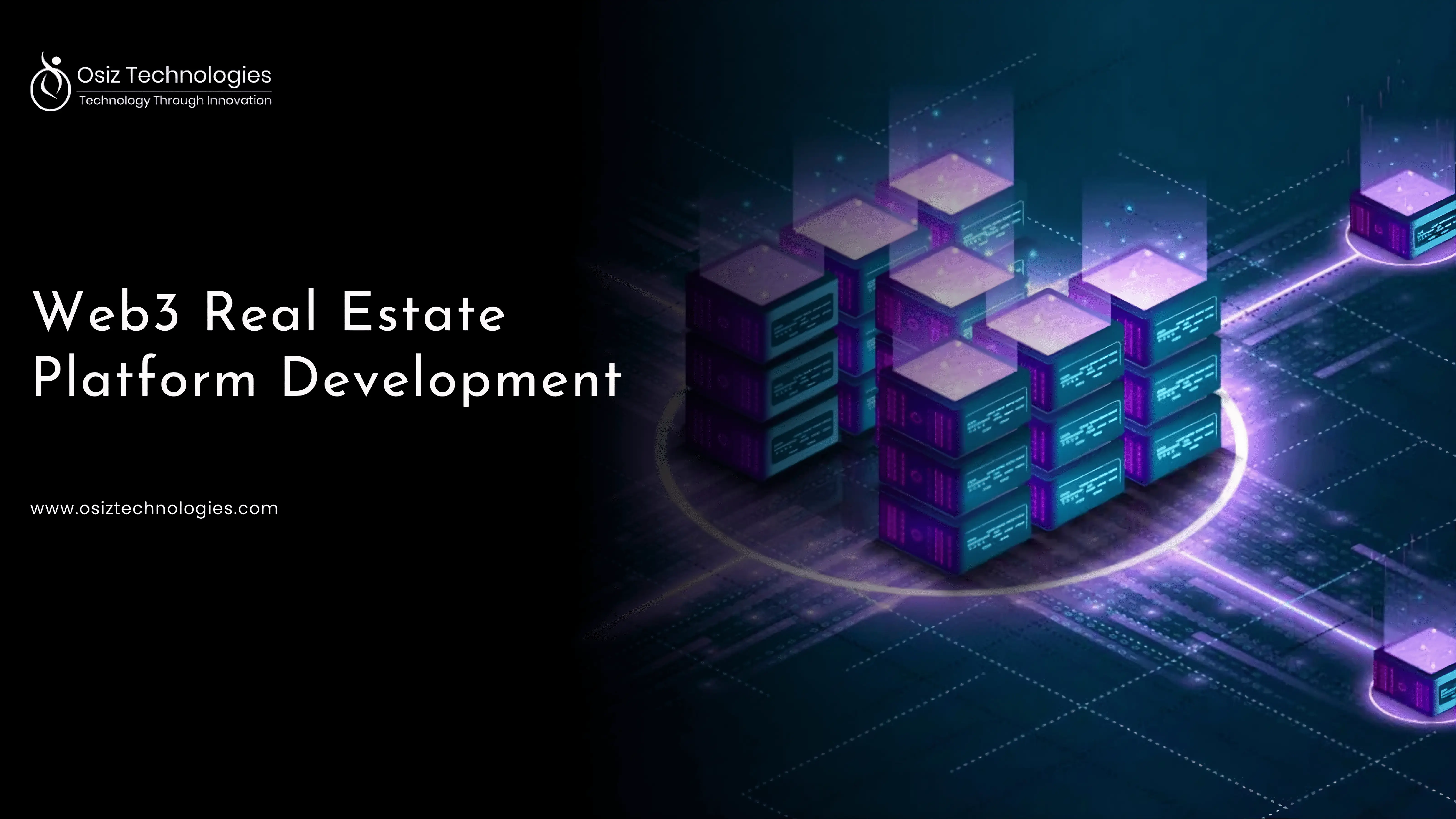Managing a supply chain today is nothing like it used to be. Businesses now operate in a world of unpredictable demand, global disruptions, competitive pressure, and rising customer expectations. Supply chain operations need to move faster, respond smarter, and stay resilient - and the only way to achieve this is through powerful, custom-built Supply Chain Management Software.
We explore the entire landscape of Supply Chain Software Development, from market demand and key features to development steps, cost, challenges, future trends, and why enterprises across industries rely on advanced SCM platforms to stay ahead.
Growing Demand for Supply Chain Software Development
The need for digitized supply chain operations is rising at record speed.
Today’s market is shaped by three major factors:
Rising Market Size & Investment
Modern SCM software has grown into a multibillion-dollar market. Industries worldwide continue to invest in digital supply chain tools to increase resilience and improve customer experience.
Digital Transformation Revolution
Businesses today know that spreadsheets and outdated systems can’t manage the complexity of modern logistics. Digital transformation and logistics software development now sit at the heart of every supply chain strategy, driving automation, workflow optimization, and real-time visibility.
Growing Reliance on Custom SCM Solutions
Custom-built software allows companies to define workflows based on their unique operating models - unlike off-the-shelf solutions. Whether managing warehouses, transport, or multi-channel orders, customized SCM tools provide better precision and long-term scale.
Key Industry Statistics & Insights
To understand why the supply chain sector demands modernization, it’s important to look at real-world numbers.
-
The global supply chain management software market is expected to cross $40+ billion in the next few years.
-
Over 70% of logistics companies now use cloud-based SCM tools.
-
AI-driven automation is helping businesses reduce forecast errors by up to 50%.
-
80% of supply chain executives admit that a lack of end-to-end visibility disrupts daily operations.
These numbers reflect how essential SCM digitization has become - not just for efficiency, but for survival.
What is Supply Chain Management Software (SCMS)?
Supply Chain Management Software (SCMS) is the digital backbone that keeps modern supply chains running smoothly. It gathers every moving part-from raw material sourcing to product delivery-into one intelligent, connected ecosystem. Instead of managing operations through scattered spreadsheets, emails, or outdated systems, SCMS gives businesses a single, unified platform to plan, operate, monitor, and optimize their entire supply chain.
In simple terms, SCMS ensures that products reach customers at the right time, at the right cost, and with maximum efficiency.
A Closer Look at What SCMS Really Does
Supply chains are made up of countless activities: purchasing materials, communicating with suppliers, storing goods, coordinating shipments, tracking vehicles, forecasting demand, and more. Each of these steps depends on accurate data and fast decision-making. Even a small delay or error can create costly disruptions.
This is where SCMS makes a difference. It connects the dots between people, processes, data, and technology-so businesses always know what’s happening across their supply chain, in real time.
Here’s how:
Centralizes All Supply Chain Data
Instead of having information scattered across systems, SCMS brings everything into one dashboard-inventory levels, orders, shipping data, vendor details, invoices, KPIs, and more.
Automates Operational Workflows
Routine tasks like stock updates, purchase order generation, shipment alerts, and inventory counting can run on autopilot.
Improves Collaboration Across Teams
Warehouse managers, logistics staff, procurement teams, suppliers, transporters, and delivery partners all work in sync through the platform.
Provides End-to-End Visibility
From a product’s starting point to the customer’s doorstep, SCMS delivers real-time tracking and transparency, reducing errors and delays.
Core Workflows Supported by SCMS
A well-built SCMS covers all the essential supply chain functions, such as:
1. Procurement & Supplier Coordination
Businesses can track supplier performance, compare prices, manage contracts, and streamline procurement cycles.
2. Inventory & Warehouse Management
Real-time insights help avoid overstocking, understocking, or stock-outs. SCMS automates key warehouse processes like picking, packing, scanning, and dispatch.
3. Order Processing & Fulfillment
Orders from multiple sales channels-eCommerce, retail, B2B-are synced automatically, reducing manual work and errors.
4. Transportation & Logistics Monitoring
SCMS connects with delivery fleets, GPS systems, and IoT sensors to monitor vehicle routes, delivery times, fuel usage, and shipment conditions.
5. Demand Forecasting & Planning
AI-powered demand prediction helps businesses stay prepared for sales spikes, seasonal demand, and supply shortages.
6. Performance Analytics & Reporting
Custom dashboards track KPIs like delivery times, order accuracy, vendor reliability, warehouse efficiency, and logistics costs.
Essential Functions of Supply Chain Software
Modern supply chain systems include a combination of features that help companies manage complex operations effortlessly.
Inventory & Warehouse Management
Track stock across multiple locations, automate item relocation, and prevent overstocking or shortages.
Order Processing
Seamlessly sync orders from multiple sales channels with automatic status updates.
Supplier & Vendor Management
Monitor vendor performance, pricing, and contract status with a centralized dashboard.
Logistics & Transport Tracking
Real-time fleet monitoring, route optimization, and delivery tracking ensure faster and more accurate shipments.
Forecasting & Advanced Reporting
AI-driven analytics help teams predict demand, identify patterns, and plan ahead with data-backed decisions.
Why Supply Chain Software Development is Important
Modern supply chains are complex, and relying on outdated systems leads to errors, delays, and increased costs. Custom SCM software helps businesses:
Boost Efficiency
Automation eliminates repetitive tasks and manual data entry, allowing teams to focus on core decision-making.
Reduce Operational Costs
Smart routing, better inventory handling, and real-time visibility minimize waste, fuel consumption, and storage costs.
Improve Customer Experience
Timely deliveries, accurate tracking, and transparent operations build trust and satisfaction.
Ensure Real-Time Visibility
SCM software provides a bird’s-eye view of inventory, logistics, and supplier activities.
Strengthen Security & Compliance
Digital systems help businesses meet global regulations, reduce risks, and secure sensitive data.
Key Features of Modern Supply Chain Management Software
Today’s SCM systems are smarter, faster, and more connected than ever. Some essential modern features include:
Real-time Inventory Visibility
Instant stock updates prevent discrepancies and help plan procurement with confidence.
Warehouse Automation
Barcode scanning, conveyor systems, and automated picking solutions reduce human error.
Smart Route Optimization
AI selects the fastest and most cost-efficient delivery routes.
Supplier Performance Tracking
Monitor lead times, pricing patterns, reliability, and quality.
IoT-Enabled Fleet Monitoring
Sensors help track temperature, movement, fuel usage, and delivery conditions.
AI-Driven Demand Forecasting
Predict future demand and avoid overstocking or understocking.
Multi-channel Integration
Connect eCommerce platforms, retail stores, and wholesale systems.
Role-based Security
Only authorized employees can access sensitive data.
Supply Chain Software Development Process
A well-structured development process ensures reliable and scalable SCM software. Here's how a modern SCM system is built:
Requirement Gathering & Analysis
Understanding pain points, current workflows, and future scalability needs.
Technology Selection
Choosing the right backend, cloud systems, IoT setup, and database technologies.
Intuitive UI/UX Design
Designing dashboards that are easy to navigate for warehouse managers, drivers, and admins.
Backend & API Integrations
Building core features and integrating third-party systems like ERPs, CRMs, IoT sensors, and payment gateways.
Testing
Performance, security, integration, and end-to-end testing ensure smooth operations.
Deployment & Training
Systems go live with proper onboarding for employees.
Maintenance & Scaling
Continuous updates help handle new workloads, users, and market demands.
Choosing the Right Supply Chain Software Development Company
Selecting the right development partner makes all the difference:
-
Look for experience in logistics, transportation, and warehouse systems.
-
Choose teams capable of customizing the platform for unique workflows.
-
Ensure strong cybersecurity practices are in place.
-
Look for long-term support and system scalability.
A reliable development team ensures your platform grows with your business - not against it.
Supply Chain Management Software Development Cost
Cost depends on factors such as:
-
Feature list
-
Technology stack
-
Integrations (ERP, WMS, TMS, IoT)
-
Cloud deployment
-
Security requirements
Estimated Ranges
-
Basic SCM System: $20,000 – $40,000
-
Mid-Level SCM System: $40,000 – $100,000
-
Enterprise-Grade SCM Platform: $100,000+
Custom solutions generally provide more long-term value compared to off-the-shelf tools.
Challenges in Supply Chain Software Development
Real-world logistics operations involve complexities such as:
Legacy Integrations
Older systems may not easily connect with new platforms.
Data Silos
Disconnected departments lead to poor decision-making.
Trade Regulations
Global operations must comply with customs standards.
Security Threats
Cyberattacks and data breaches can severely impact operations.
Multi-location Coordination
Large enterprises face challenges in syncing multiple warehouses and fleets.
Future Trends in Supply Chain Software Development
The next few years will redefine supply chain technology. Key trends include:
AI & Autonomous Decision-Making
Systems will automate decisions such as reordering, routing, and risk alerts.
Blockchain for Transparency
Blockchain helps track provenance, prevent fraud, and enhance trust.
IoT Logistics
Connected sensors improve fleet monitoring and inventory control.
Cloud-First Ecosystems
Most enterprises will shift to cloud-native architectures.
Sustainable Supply Chains
Smart routing and green logistics are becoming top priorities.
Role of Blockchain & Emerging Technologies
Emerging tech is reshaping modern supply chain software:
-
Blockchain ensures transparency and tamper-proof records.
-
IoT improves tracking accuracy.
-
AI enhances forecasting and automation.
-
Combining all three creates next-gen supply chain ecosystems.
Best Practices for Seamless SCM Software Integration
Smooth integration ensures long-term success. Some best practices include:
-
Start with smaller modules before expanding.
-
Build an API-first architecture for easy integration.
-
Maintain strong data governance policies.
-
Ensure mobile-friendly dashboards for field teams.
-
Regularly monitor performance and iterate.
Why Choose Osiz for Supply Chain Software Development
Organizations looking for reliable, scalable, and future-ready SCM platforms benefit from development teams capable of understanding both technology and real-world logistics. Instead of offering generic systems, the focus stays on designing solutions that match the business’s unique flow - from warehouse operations to delivery networks.
Experience in logistics, IoT, AI, and enterprise integrations helps ensure smooth transitions from legacy systems to modern, cloud-based platforms. Every solution is thoughtfully engineered, optimized for performance, and tailored to support large-scale operations.
With a strong focus on security, scalability, and user-centric design, businesses gain an SCM platform built to accelerate growth and withstand real-world challenges - backed by a Software development company committed to long-term support and continuous improvement.
Listen To The Article












